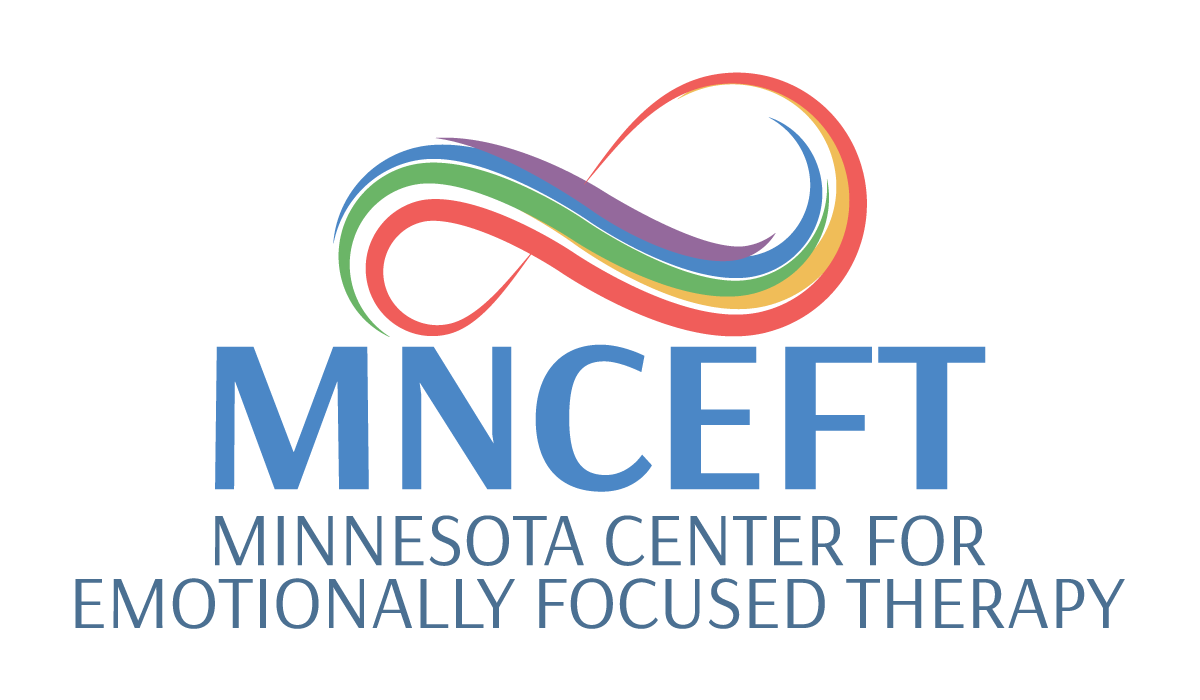
About EFT
WHAT IS EMOTIONALLY FOCUSED THERAPY?
Emotionally Focused Therapy for Couples (EFT) was originally developed by Sue Johnson, Ed.D and Leslie Greenberg, Ph.D. Since its inception Sue Johnson has further developed the model, adding attachment theory to understand what is happening in couple relationships and to guide therapists in helping them.
Formulated in the early 80’s and grounded in Attachment Theory, this approach recognizes the primacy of emotion in organizing both inner experience and key interactional patterns in primary attachment relationships. Emotion is seen as a powerful agent of change in the therapy, not just as a manifestation of relationship distress. By expanding clients’ emotional experience around core attachment needs and structuring change events to shift the cycle of negative interactions, EFT therapists work to help partners create a more secure bond in their relationship.
EFT presents a comprehensive theory of adult love and attachment and a process for healing distressed relationships. It recognizes that relationship distress results from a perceived threat to basic adult needs for safety, security, and closeness in intimate relationships. The therapy focuses on helping each partner reprocess the emotional experience underlying the rigid negative interactional patterns that keep them stuck. Through a series of well-defined stages the therapist takes the couple from conflict deadlock to creating new bonding interactions.
Over the last twenty years, a substantial body of research validating the effectiveness of EFT has been developed. Studies find that 70-75% of couples move from distress to recovery, and approximately 90% show significant improvement. EFT is now being taught in university training programs and treatment centers.
This short term (8-20 sessions) experiential and systemic couples therapy is now one of the most researched, delineated, and empirically-validated approaches in the field of couples therapy. It has demonstrated powerful clinically significant effects with various populations (Johnson, 2003, JMFT 29, 365-385).
EFT is effective with many different kinds of couples as well as families and individuals and with a variety of cultural groups. The attachment frame of EFT provides a healing approach to partners in relationships as well as individuals suffering from depression, post traumatic stress, and chronic illness.
STRENGTHS OF EMOTIONALLY FOCUSED THERAPY
EFT is based on a clear understanding of marital distress and adult love. It is supported by Attachment Theory and empirical research on the nature of marital distress and adult attachment.
EFT is collaborative and respectful of clients and combines Rogerian techniques with structural systemic interventions.
Change strategies and interventions are specific and address recurring patterns of negative interactions as well as the underlying emotional source that drives these patterns.
GOALS OF EMOTIONALLY FOCUSED THERAPY
To move from relational distress to a more secure bond between partners.
To expand and re-organize key emotional responses – the music of the attachment dance.
To facilitate a shift in partners’ interactional positions so that they can move towards increased accessibility and responsiveness.
THE MN CENTER FOR EFT MISSION STATEMENT
The MNCEFT mission is to foster the development of a community of EFT- trained couple therapists in the region, in order to:
Provide competent EFT therapists to the community.
Promote the learning and practice of EFT.
Encourage training and certification in EFT.
Enhance the satisfaction of EFT therapists in MN.
Our center can accomplish these goals by:
Facilitating communication and connection among EFT clinicians.
Sharing resources and outreach efforts.
Supporting skill-building opportunities.
Organizing events for EFT clinicians.
FOR MORE INFORMATION
For more:
What is EFT?- Dr. Sue Johnson YouTube Video
Science with Sue: Dr. Sue Johnson YouTube video
